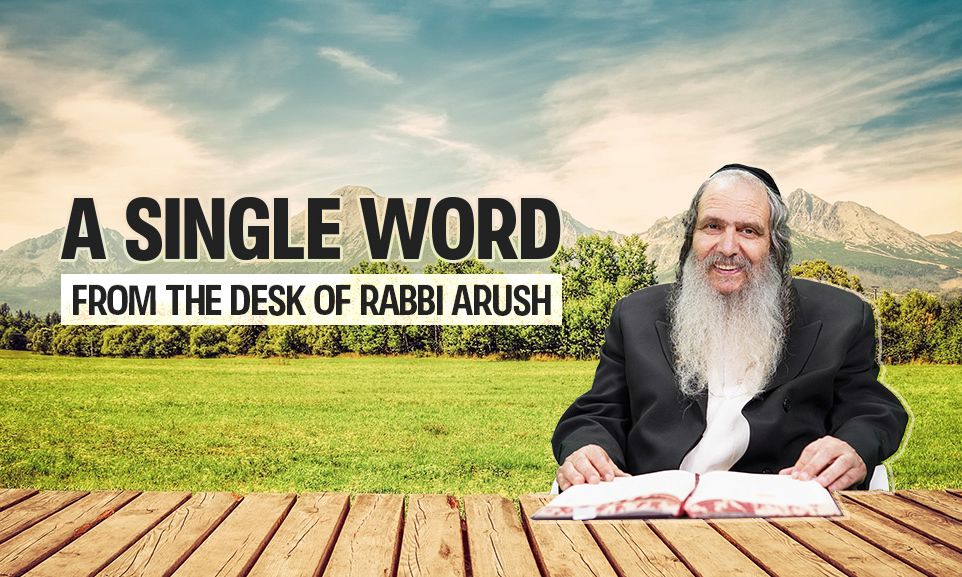
A Single Word
Do you have debts? Problems? Troubles? Difficulties? Health issues? Are you alone? Does anything seem to be lacking? Your basic approach must be Yisrael's response: “I have all.”

A Window to the Inside
The study of body language teaches us that sometimes from one movement or expression it is possible to read and reveal a person’s entire inner world. Even more so, a seemingly mundane sentence uttered casually, mistakenly referred to as a “slip of the tongue”. Sometimes even one word is enough to reveal to us a person’s essence.
In the Gemara there is an interesting story about Lechem Hapanim (the Showbread). These were twelve loaves of bread that were left on the Shulchan, the golden table in the Temple for an entire week, from one Shabbat to the next, and on Shabbat itself they would be replaced and distributed to the priests serving in the beit mikdash. All the priests wanted to get a part of this special offering, but when there were many of them, each one received just a small piece.
Our Sages tell of us three priests who received their share of the bread and sat and complained about its small size. We see that already back then the national sport was to sit together and complain… That is what creates interest in any social gathering.
In any case, one priest said, “I received a piece so small that it is like… like… a bean.” The second one said, “I too, received a tiny bit that reminds me of an olive, so small it is.” The third, too searched for an original simile and said: “I received a piece like the tail of a lizard…”
What would we have said? The third priest was somewhat vulgar; perhaps it was a slip of the tongue, a … usage. We wouldn’t have made a fuss about it. But when the beit din (court) heard about it, they did not think that. For them, it was a flashing warning light. They took it very seriously. They couldn’t accept the fact that a priest in the Temple would say such a thing. They then examined that priest’s lineage and discovered he was unfit to serve as a priest, and banished him from the beit mikdash.
Chazal show us that two words that are out of place can reveal a person’s entire essence!
Two Words – Two Worlds
In the same way, Chazal teach us that a slight semantic difference in a casual conversation between Esav and Yaakov reveals to us the immense chasm between the worldviews and the personalities of the two brothers, who represent the two extremes in the world.
Yaakov Avinu insists on giving Esav the gifts he sent him in order to pacify him. Esav refuses the gifts politely and explains: “Yesh li rav” – “I have much.” I don’t need them because I have an abundance of riches, much more than I need. Yaakov insists further and emphasizes, “Yesh li kol” – “I have all” – I too have no need for all these sheep and goats, because I have exactly what I need.
It’s a difference of a single word. If holy Chazal had not pointed this out, perhaps we too would have thought they’re both saying basically the same thing in slightly different words. But Chazal reveal to us that that single word shows us the essential difference between these two figures.
Esav is speaking haughtily, says Rashi. He is boasting and saying that he has much more than he needs, and so we see him for what he is: a hungry, haughty type, with an insatiable desire for money. His refusal to accept a gift also bears the mark of typical Esav-like hypocrisy, with the pride of someone who does not stoop to needing others, but his evil eye has nevertheless coveted all those good things, and the proof for that is that, oh yes, in the end he does accept the generous offering, in spite of all his statements and his self-importance.
Conversely, Yaakov Avinu, the most perfect of the forefathers – has nothing superfluous about him. Everything is exact. He has everything. In other words, he lives a complete reality in which every single item has its place and goal. Everything he has always constitutes a part of his shleimut (completeness), because he is attached to emuna (faith), to the Creator’s providence. Even when he crossed the Jordan river with only his staff, penniless – even then he lived the “I have all”. Even when he slept on a bench for fourteen years in Yeshiva, he knew that “he had all.” Even when he worked so hard for twenty years in the house of Lavan – even then he felt that “I have all.”
These words of Yaakov Avinu are completely different and vastly distanced from the seemingly similar words of Esav. To explain it simply, “I have much”, means “I have no emuna.” And “I have all” means “I believe! I have emuna!” The darkness of the kefira (unbelief) on one side, and the pure light of the emuna on the other.
Bringing Light Into Our Lives
Each and every one of us is called “Yisrael”, named after the original “Yisrael” – Yaakov Avinu. And each and every one of us must adopt that sentence and bring it into his life. Do you have debts? Problems? Troubles? Difficulties? Health issues? Are you alone? Or anything else in your life that seems to be lacking? Your basic approach is, first of all: “I have all.” I have the exactly tailored circumstances for me to come closer to the Creator of the World.
I am, after all, watched over by the loving Father in Heaven. He wants me to achieve my purpose in life, that I should receive the good that is waiting for me, and he won’t hold back anything. He gives me the best conditions, the most perfect conditions, to fulfill my roles and missions and achieve my purpose. If that is so, “I have all!” I lack nothing.
That is the beginning of the beginning of emuna.
Someone once asked me for a brachah that he should get rid of his debts. I blessed him that he should have emuna. He told me that he actually has very strong emuna, but the debts are pressing on him and worrying him and he can’t function. He was actually contradicting himself. It’s like saying, “I just finished eating a potful of cholent; I’m hungry.”
Many years ago, Hashem was merciful towards me and gave me the biggest gift: I was in heavy debt, and it looked like there was almost no chance of getting out from under it by natural means. When I would meet friends, they would always ask me: “What happened? Why are you so joyful? Why do you look so happy?” Even more so were those who knew about my situation – they couldn’t understand how anyone in my situation can walk around with such a feeling of elation, as if I was at the wedding of my only son.
I would say to them: “I have a beautiful and perfect life,” as Rabbi Nachman describes it in his stories, in the story about the seven beggars, all of whom look like they are badly disabled, miserable wretches. But in their own eyes they were living the best of lives and felt that their lack was their perfection and no one was happier than them.
I would say that my good life is my debts. The heavy debts were my perfection. I have all. I have exactly what I need to come closer to Hashem. And indeed, nothing brought me closer to Hashem than the debts. I can say that all the dissemination of Judaism and all the emuna that I had the merit to be the vehicle to bring to the Jewish People and all the books and classes – everything was thanks to those debts, thanks to that “lack” that nothing is more complete than it. [Editor’s Note: Rabbi Arush writes about this experience in his book The Garden of Riches]
Concentrated Emuna
Dear brethren, you are the children of our father, Yaakov-Yisrael. You should pay attention to what you say. Accustom yourself to say, “I have all.” In times of abundance don’t boast, and in times of want do not complain. The emuna does not change. The emuna is the guiding principle for us in every situation in life. Keep it in front of you. Make a sticker, think it repeatedly, accustom yourself to saying it, sing and dance the words: “I have all.” And think of every lack that you seemingly have in life, until you feel that the lack is in itself your completion. It is the lack that is the real abundance that the Creator is showering you with.
Try it, and see how that same great faith that Yaakov expressed when he was facing the pillar of heresy and said, “I have all, because I have emuna” – that wonderful emuna will illuminate your life and chase away any darkness and any feeling of distress, and you will lead a full life, full of joy and happiness, a life of emuna.


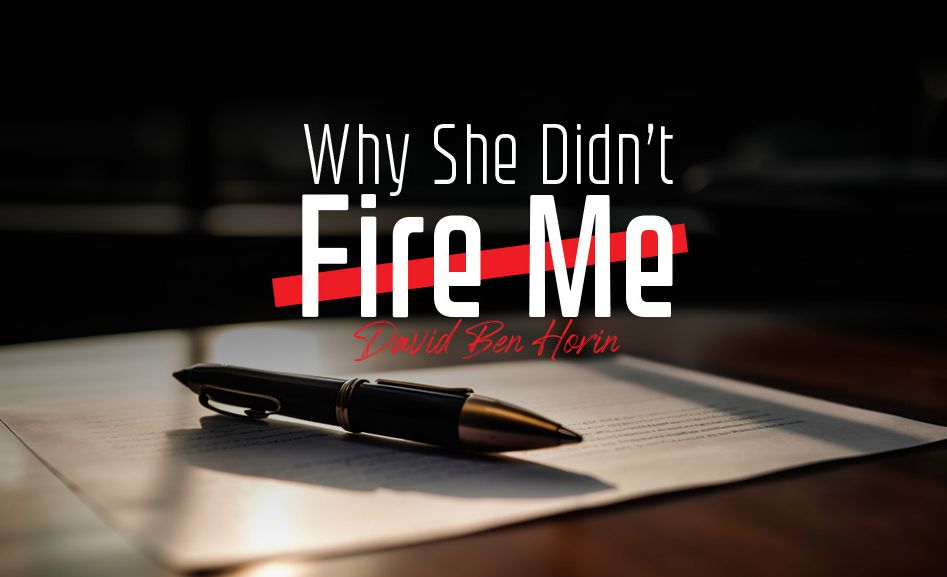
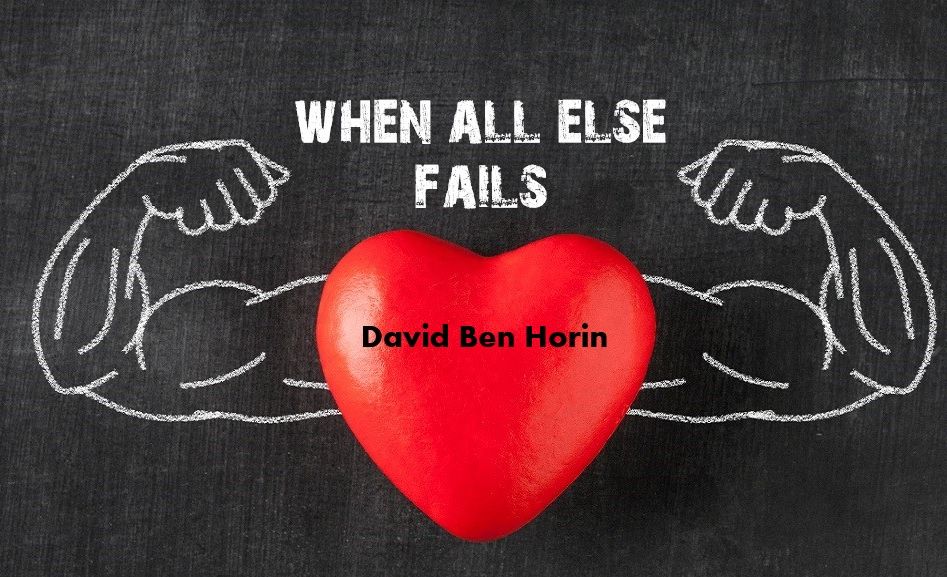
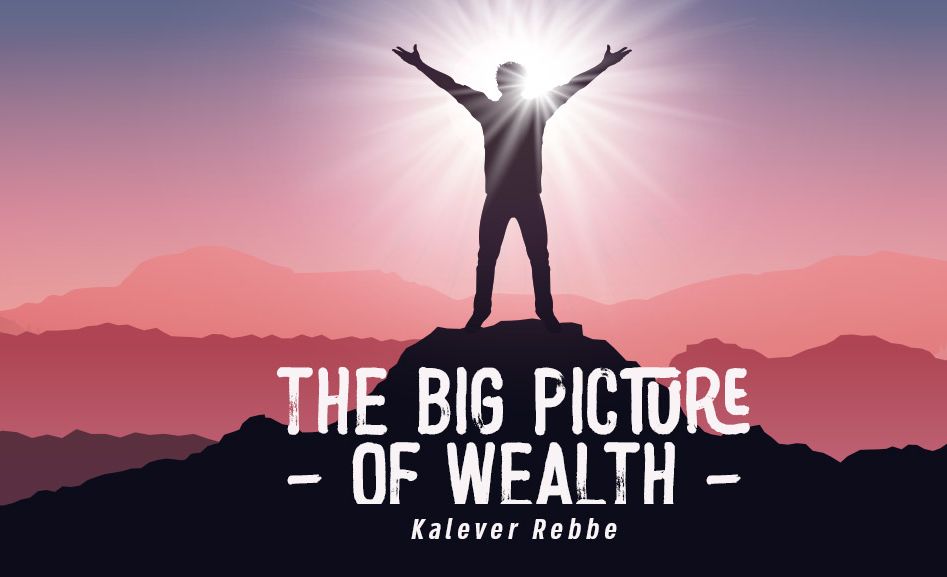
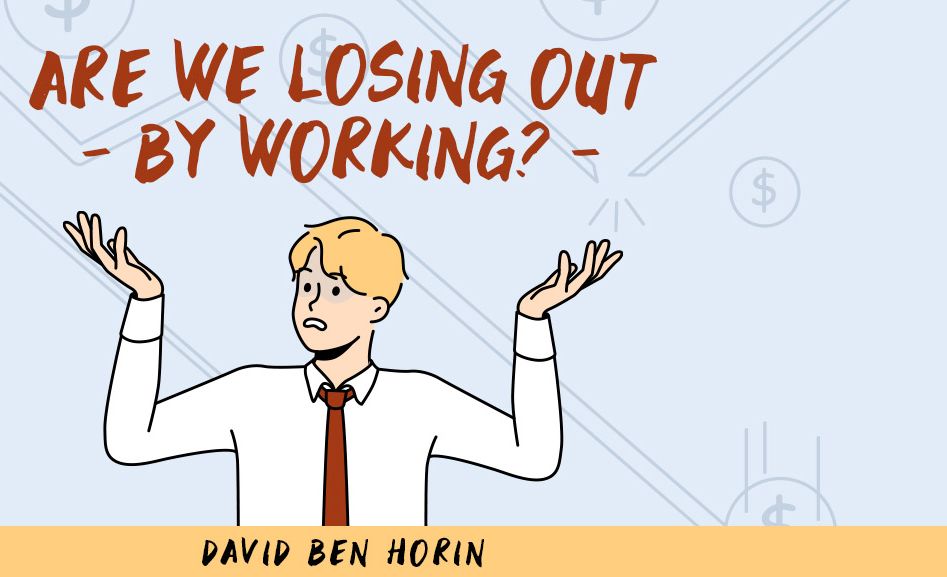
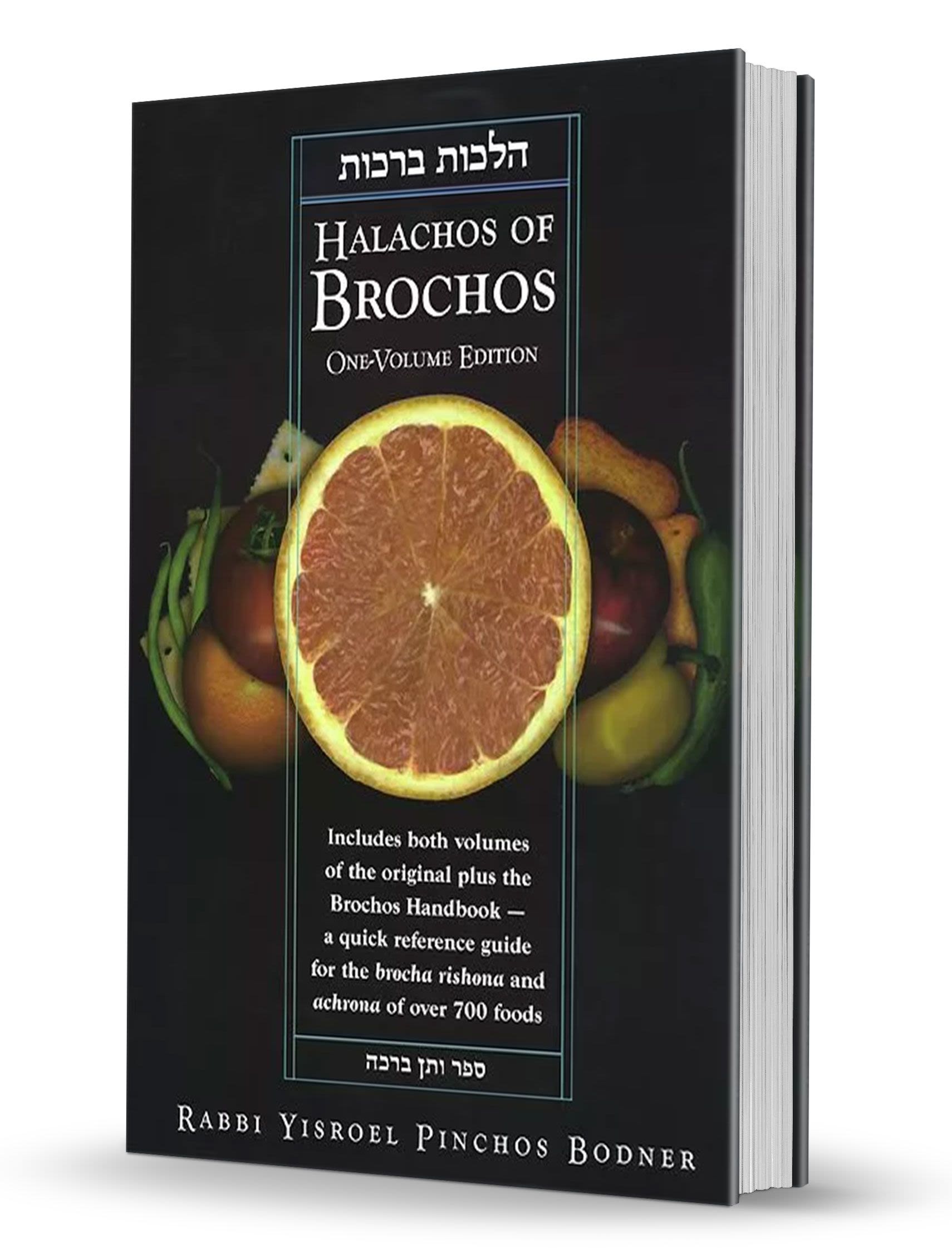

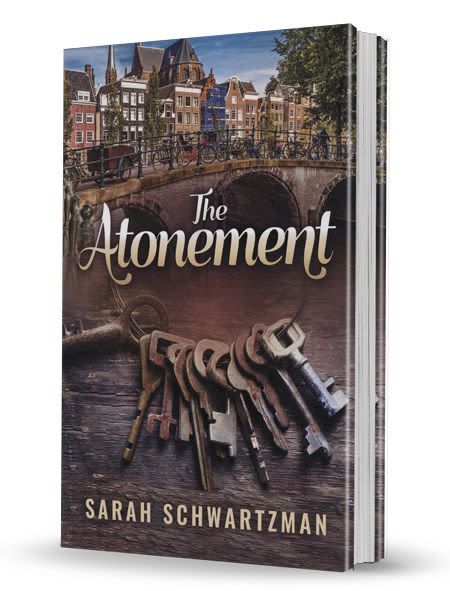
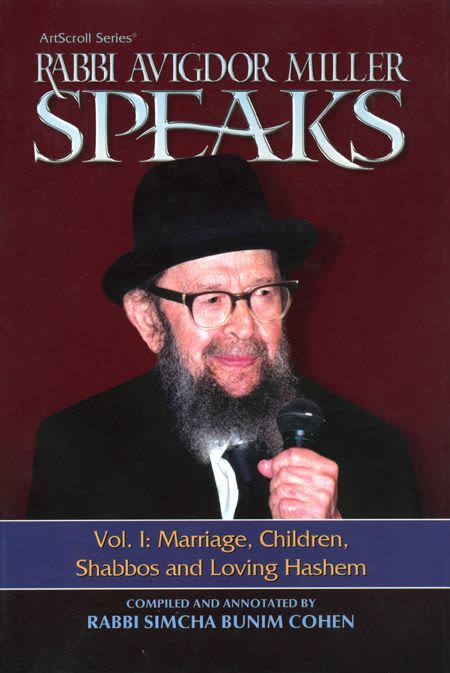
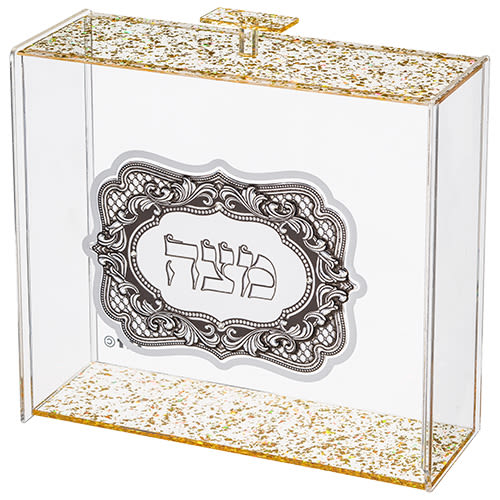
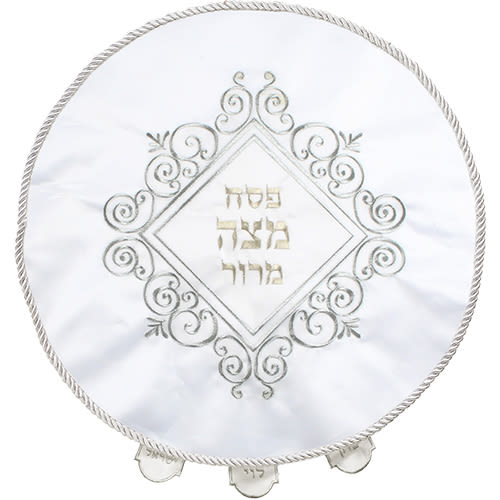
Tell us what you think!
Thank you for your comment!
It will be published after approval by the Editor.